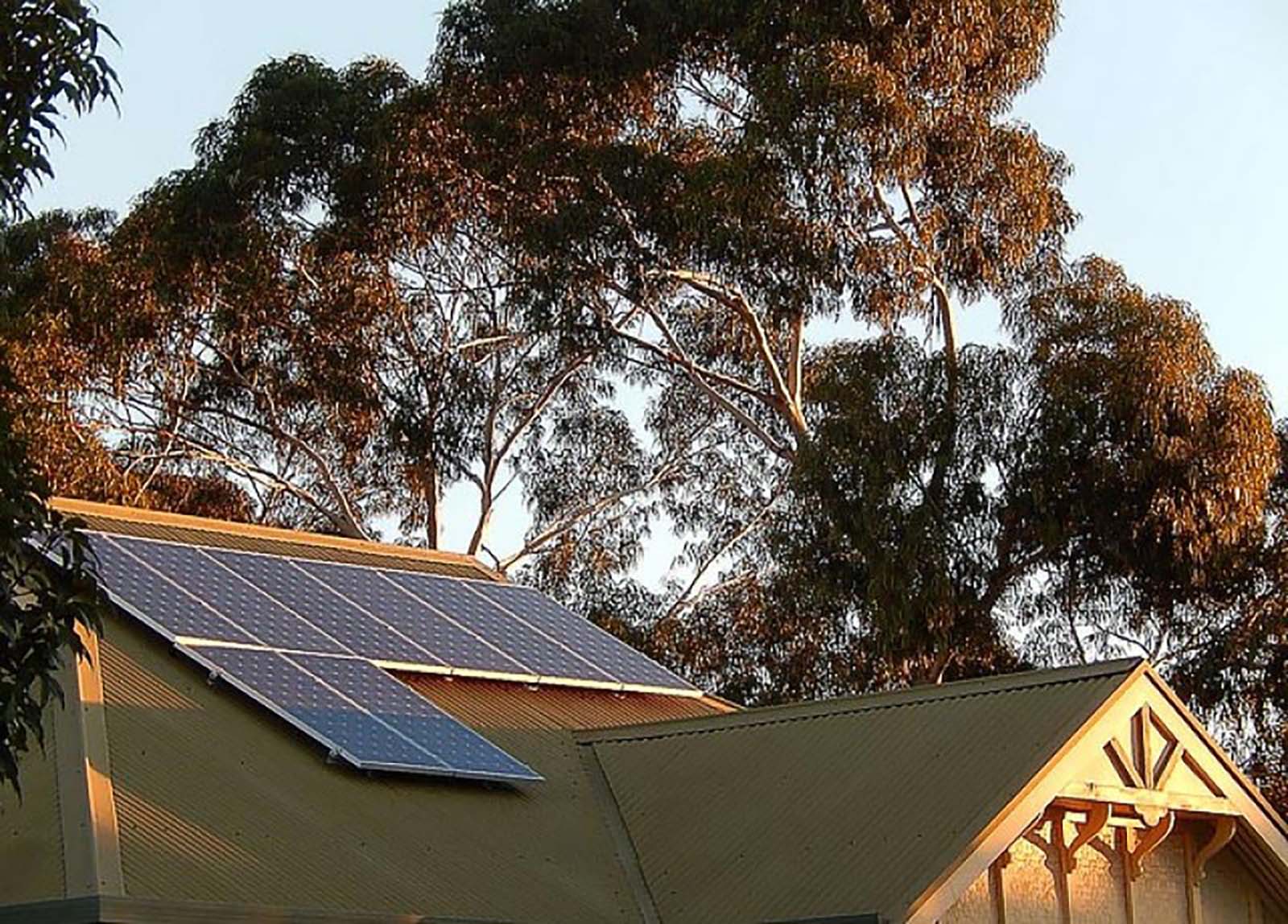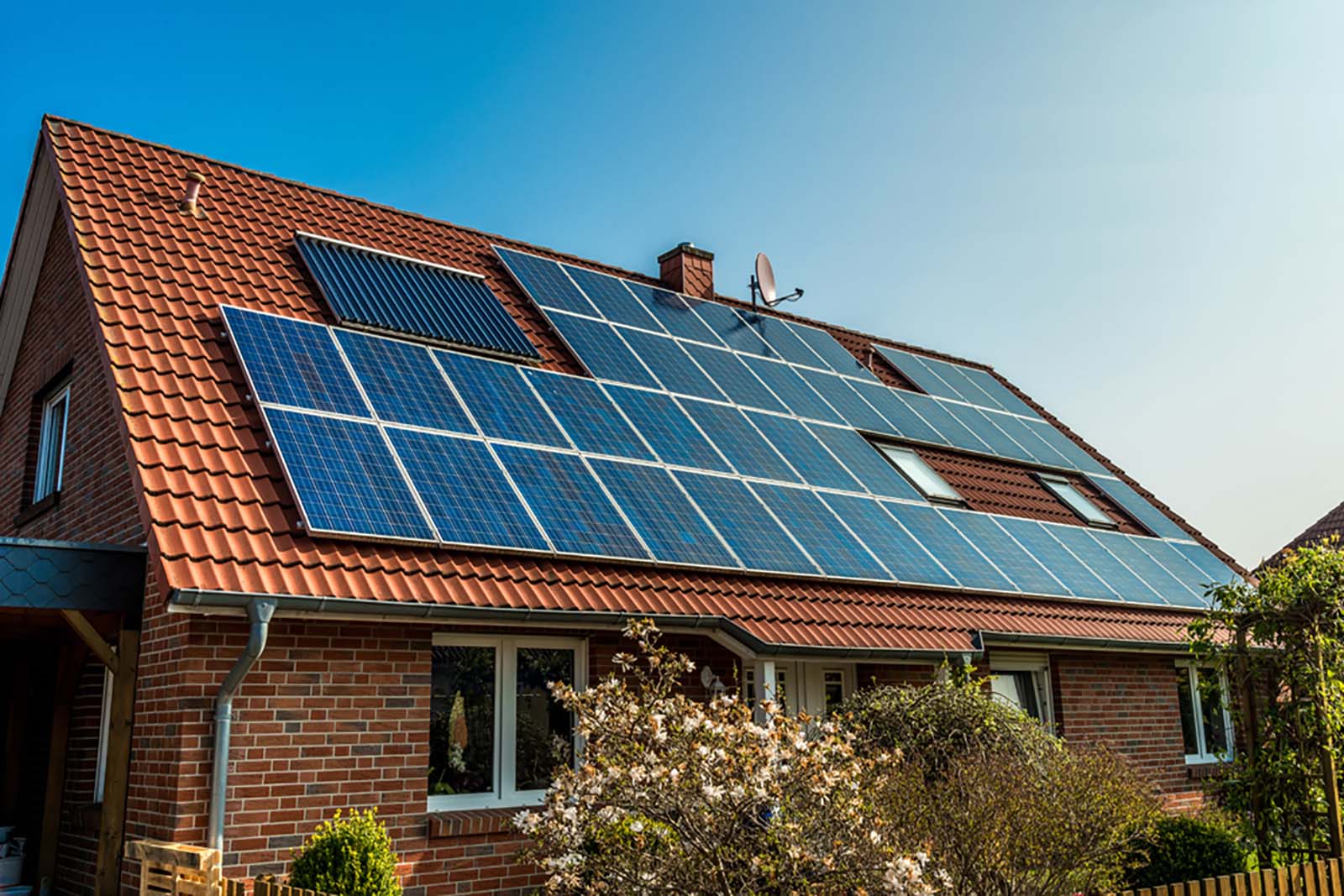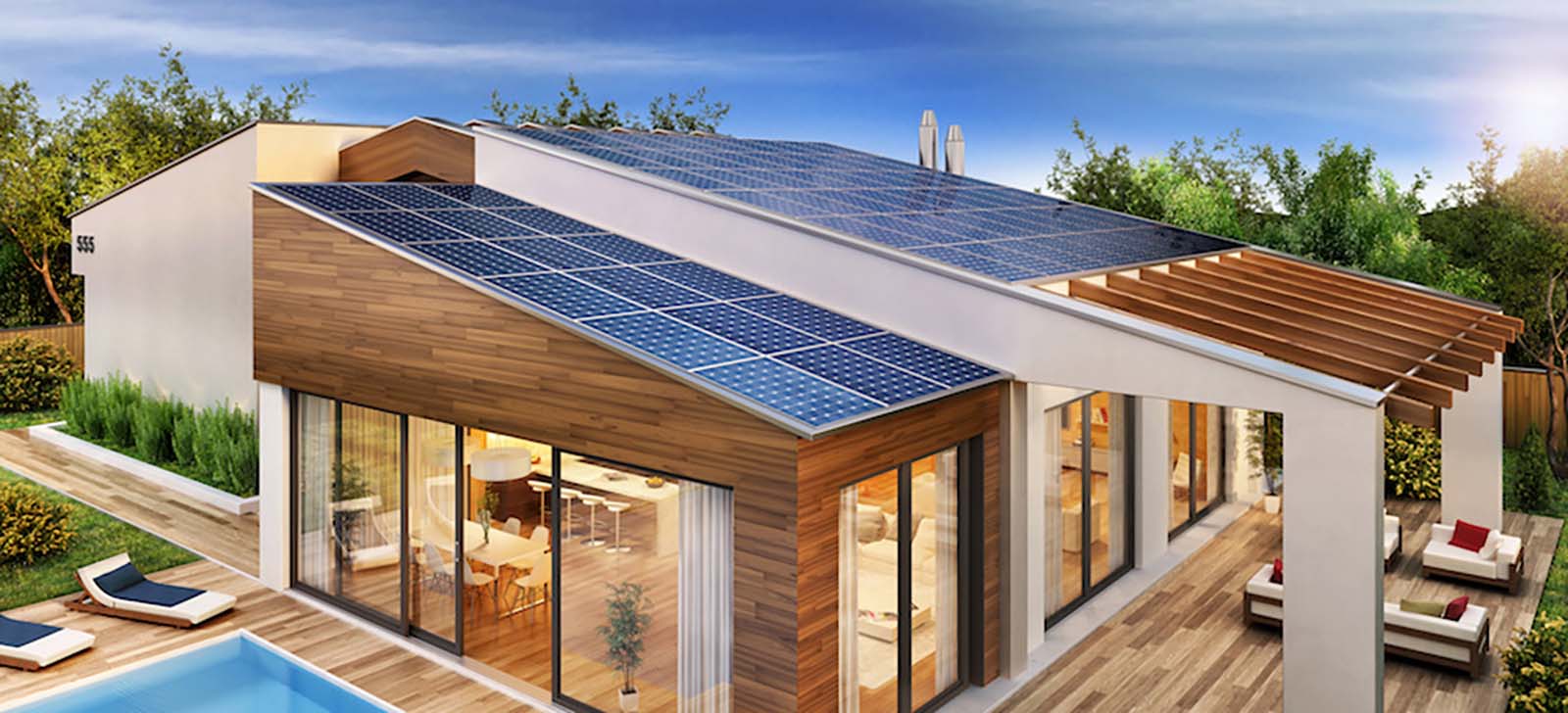How Many Watts at 240V Will a 10kW Solar Panel System Produce?

Introduction
When it comes to harnessing renewable energy, solar panels are a popular choice among homeowners and businesses alike. The performance of a solar panel system is typically measured in watts, which determine how much electricity it can generate. One common question that arises is how many watts a 10kW solar panel system can produce, particularly at a voltage of 240V. In this article, we will explore this topic in detail and provide you with the information you need.
Solar Panel Basics
Before we dive into the specifics, let’s start with some basic information about solar panels. Solar panels consist of multiple photovoltaic (PV) cells, which convert sunlight into electricity. Each PV cell typically generates around 0.5V of electricity. To increase the voltage, multiple PV cells are connected in series to form a solar module or panel. These panels are then combined to create a solar panel system.
Calculating Power Output
The power output of a solar panel is determined by multiplying the voltage and the current it generates. In the case of a 240V solar panel system, the current is typically around 41.67A (240V divided by 10,000W). However, it’s important to note that the actual power output can vary depending on factors such as location, weather conditions, and efficiency of the solar panels.

Factors Affecting Output
The amount of electricity a solar panel system can produce is influenced by several factors. Firstly, the geographic location plays a crucial role. Areas with abundant sunlight and minimal shading will generally generate more electricity than those with less favorable conditions. Additionally, the angle and orientation of the solar panels also impact their performance. Ideally, panels should be installed at an angle that maximizes exposure to the sun.
Efficiency and Maintenance
Another factor to consider is the efficiency of the solar panels themselves. Higher efficiency panels can convert a greater percentage of sunlight into electricity, resulting in increased power output. Regular maintenance is also essential to ensure optimal performance. Keeping the panels clean and free from debris or dust will help maximize their efficiency.
Incentives and Financial Benefits
Investing in a 10kW solar panel system can have numerous financial benefits. Apart from reducing your electricity bills, you may also be eligible for government incentives or rebates, depending on your location. Additionally, if your solar panel system generates excess electricity, you can sell it back to the grid, further offsetting your costs.

Conclusion
In conclusion, a 10kW solar panel system operating at a voltage of 240V can generate approximately 41.67A of current. However, the actual power output can vary depending on various factors such as location, weather conditions, and panel efficiency. Investing in solar panels not only benefits the environment but also offers financial advantages. If you are considering installing a solar panel system, it is advisable to consult with professionals to determine the optimal setup for your specific needs.




